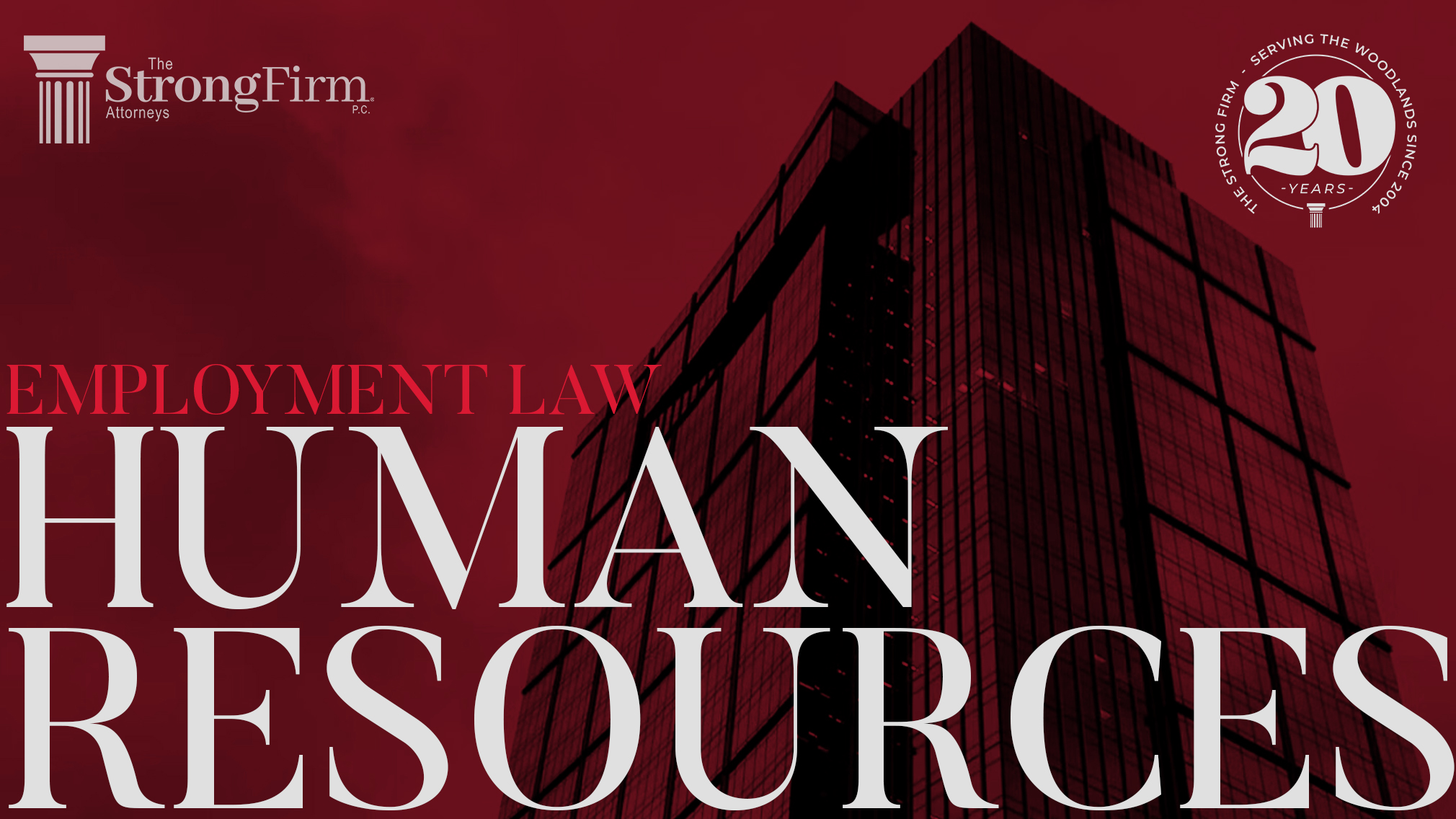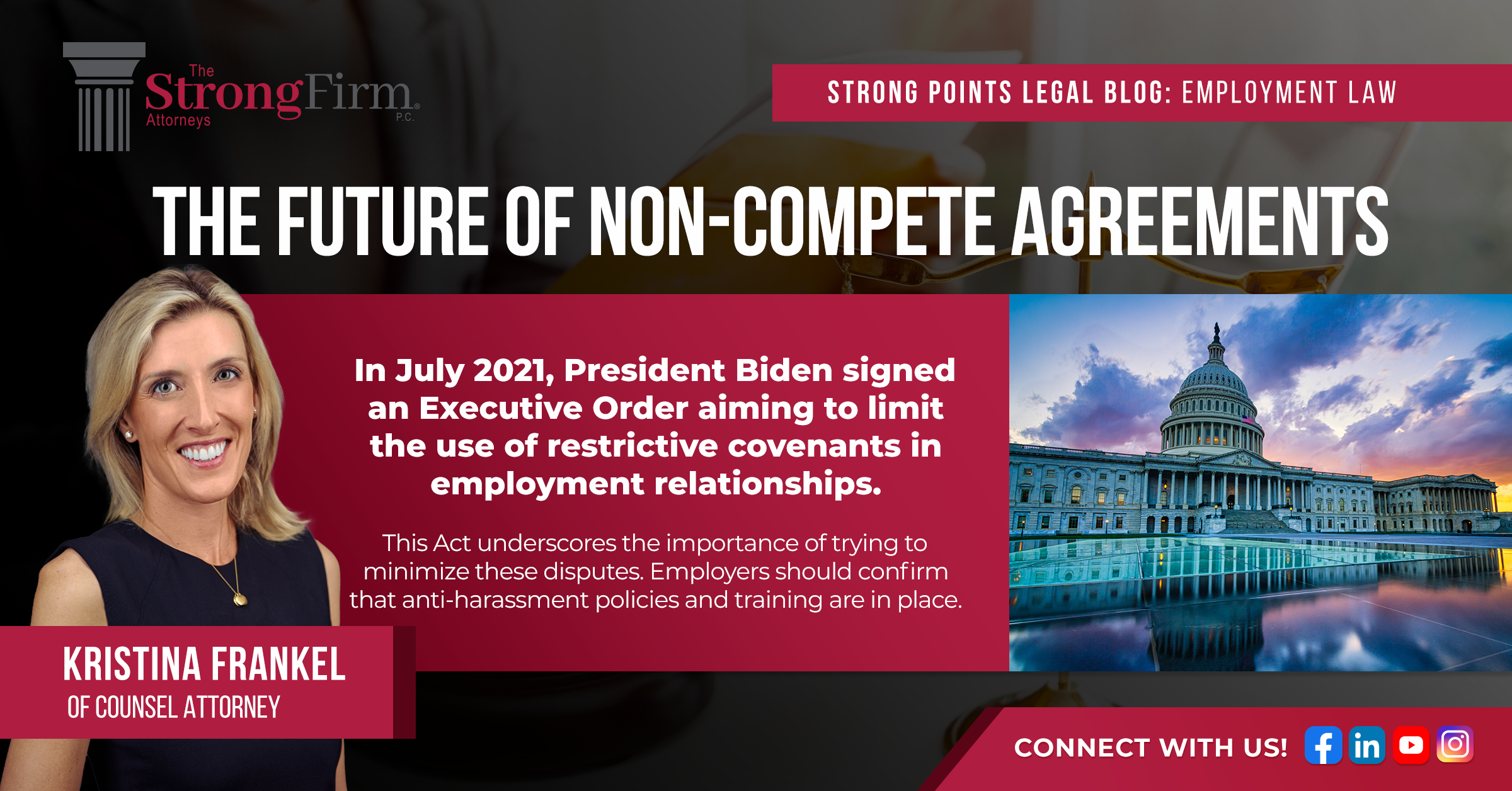Holiday Gifting
The holiday season is fast approaching and for many people, this is a time of exchanging gifts with family or charitable giving. Those who choose to make large gifts to individuals during this time should be aware of the annual exclusion amount set by the IRS. The annual exclusion is the amount in cash or other assets, you can give every year to as many individuals as you like, without incurring the gift tax (up to 40%). The annual exclusion for 2014 is $14,000. It is periodically adjusted for inflation, in $1,000 increments, and hasn’t been raised since 2013. We do not anticipate that it will increase in 2015.
For gifts that exceed this annual exclusion amount, those will trigger mandatory filing of IRS Gift Tax Form 709 and possible payment of gift taxes. However, gifts that exceed the annual exclusion count against what is commonly referred to as the “lifetime exemption” or the “estate tax exemption”, depending on the context. The key item to understand is that once you have exceeded the annual exclusion ($14,000), there is currently a $5.34 million limit on the total amount you can give away – either during life or through your estate plan. If you exceed the limit, you (or your heirs) will incur the up to 40% tax liability. Even if you don’t exceed the limit while you are alive, your lifetime gifts will reduce how much you can pass tax-free through your estate plan. The basic exclusion is indexed for inflation and is expected to be $5.43 million for 2015.
A check to a favorite charity is also a regular giving tradition. In order to properly qualify for the tax deduction, you must give to a qualified organization. If you receive a benefit because of your contribution such as merchandise, tickets, or other goods, you can deduct only the fair market value of the benefit. Regardless of the amount, to deduct a contribution, you must maintain a bank record or a written communication from the organization containing the name of the organization as well as the date and amount of the contribution.
For rules on what constitutes a qualified organization, you can review IRS Publication 526, Charitable Contributions, at https://www.irs.gov/publications/p526/index.html. You should also plan to discuss your gifting with both your estate planning attorney and your CPA. These professionals can assist you in optimizing the benefits for your holiday generosity.
Wendy Lambie
Phone: 281-367-1222
Fax: 281-210-1361




























